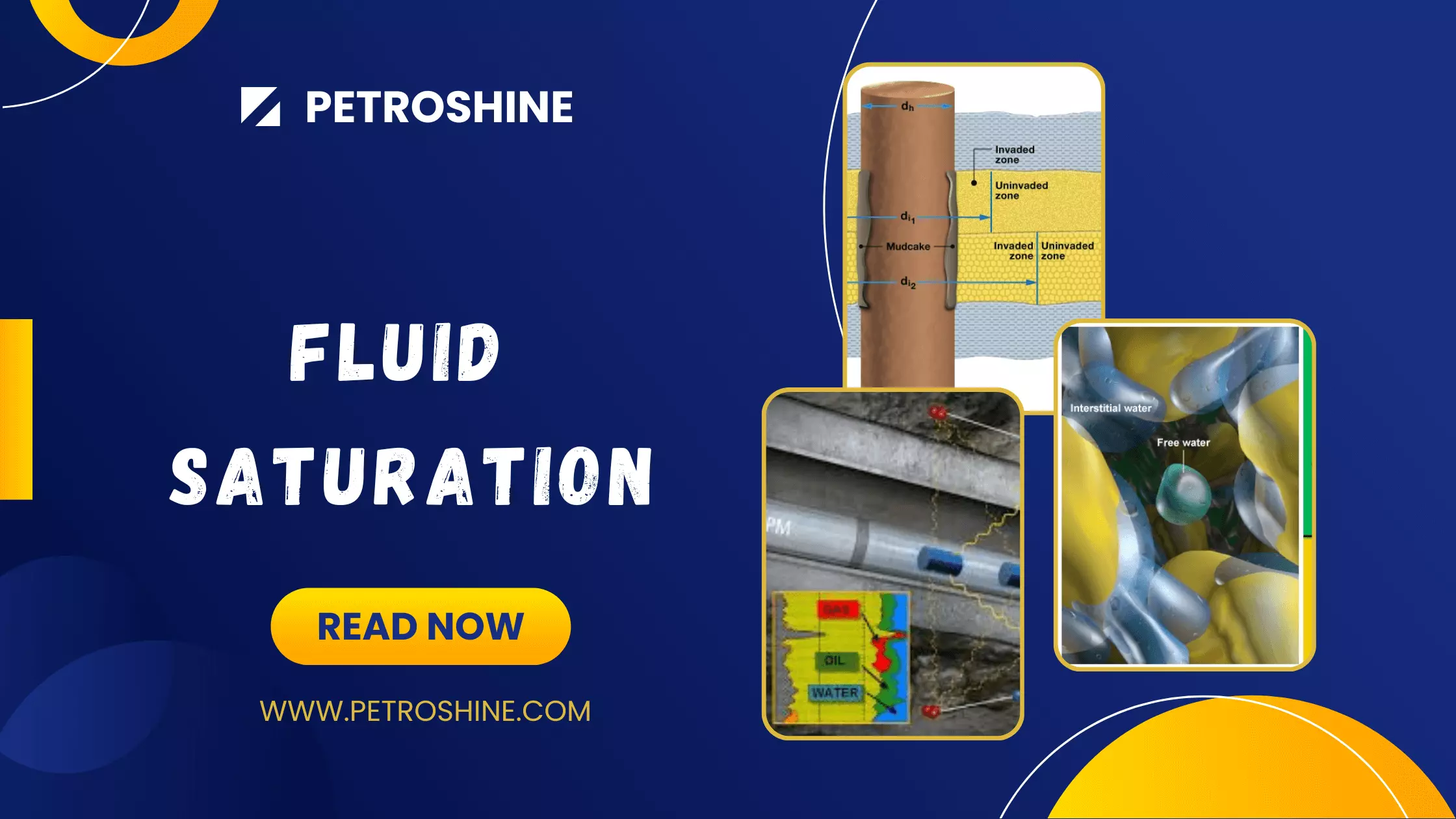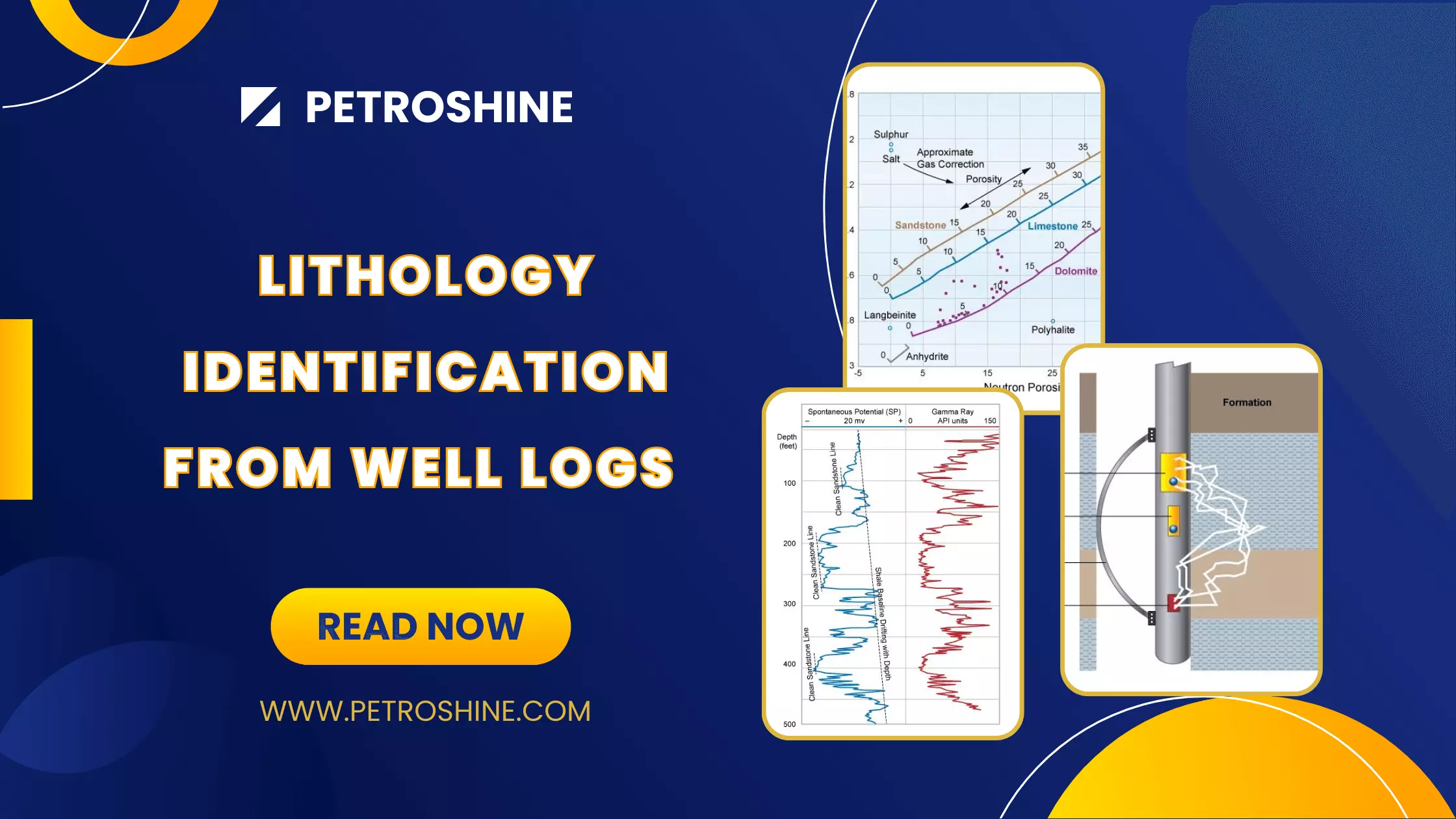Exercises
1. Slotted liners can be very difficult to log in the horizontal environment since:
- The flow may vary because there are no slots at the collars.
- Independent flows may occur in the annulus outside of the liner.
- The liner inclination and open borehole inclination may not coincide.
- The tools can hang up in the slots.
2. In a well that is deviated in excess of ninety degrees, which one of the following is not generally true if three phases are being produced?
- The heel of the well will have a high water holdup.
- The toe (TD) of the well will have a high gas holdup.
- Debris will accumulate at the toe.
- Debris will accumulate at the heel.
3. Which of the following logging techniques would be best for a production logging job in a producing open hole horizontal completion?
- Coiled tubing.
- Tractor.
- Conventional Wireline.
- Pump down.
4. The following Fluid Identification Device is not useful in a horizontal well:
- FloView
- Nuclear Fluid Density
- Gradiomanometer
5. The Gas Holdup Tool, GHT, from Halliburton:
- Will detect an increase in gamma ray counts in the presence of gas.
- Will detect a decrease in gamma ray counts in the presence of gas.
- Measures backscattered gamma rays.
- Works at any deviation angle.
6. The Phase Velocity Log, PVL, from Schlumberger does not:
- Use the RST on the Flagship tool string.
- Eject radioactive tracers into the well for fluid flow measurement.
- Eject either water or oil containing a high capture cross section element.
- Measure the velocity of each phase.
7. Schlumberger’s FloView Plus does not:
- Utilize four resistivity probes on each of its sondes.
- Locate the water –hydrocarbon contact.
- Discriminate water, oil, and gas.
- Stagger one sonde 45 degrees relative to the other to assure complete coverage.
8. Oxygen Activation tools
- Use a chemical Cobalt radioactive source.
- Are used to measure hydrocarbon flow.
- Are used to measure water flow.
- Are frequently used for horizontal well holdup measurements.
9. Which of the following tools is most useful on a production logging string in a conventionally completed and clean horizontal well?
- Focused Nuclear Fluid Density Tool
- Capacitance Holdup Meter
- Full Bore Spinner
- Diverter Flowmeter
Assessment
1. Halliburton’s ‘Hydro Tool’ uses _ measurements to distinguish water from hydrocarbons.
A .magnetic field
B .dielectric
C .gamma
2. Multiphase flow rates in horizontal wells can accurately be measured by:
A .the spinner tool
B .the nuclear tag tool
C .the activated oxygen technique
D .the phase velocity log
E .no tool is completely effective by itself
3. Which of these statements about horizontal wells is TRUE?
A .No well is ever completely and uniformly horizontal, except over the course of short intervals.
B .Slight changes in a horizontal well’s inclination angle are generally insignificant from a production logging perspective.
C .The term conventional completion is used to describe slotted liner and pre-packed gravel pack completions.
4. The gradiomanometer uses differential pressure transducers to define:
A .Fluid viscosity
B .Hydrostatic head
C .Fluid density
D .Fluid velocity
5. With respect to log response, temperature logging tools tend to be _ in horizontal wells than they are in vertical wells.
A .more effective
B .less effective
C .equally as effective
6. What is the critical well angle beyond which wireline tools could no longer be pulled to total depth by gravity.
A .15o
B .25o
C .45o
D .60o
E .90o
7. In what type of flow regimes are spinner flowmeters most likely to be effective?
A .Single phase
B .Stratified
C .Both (A) and (B)
8. The special equipment and technique that has been developed to run logging tools through horizontal or highly deviated boreholes is(are):
A .Pump down technique
B .Coiled tubing technique
C .Tractor technique
D .Parallel hole technique
E .A, B and C
F .A, B, C and D
Recommended for You
Basic Concepts in Reservoir Engineering
Reservoir Fluid Flow and Natural Drive Mechanisms
 Petro Shine The Place for Oil and Gas Professionals.
Petro Shine The Place for Oil and Gas Professionals.



